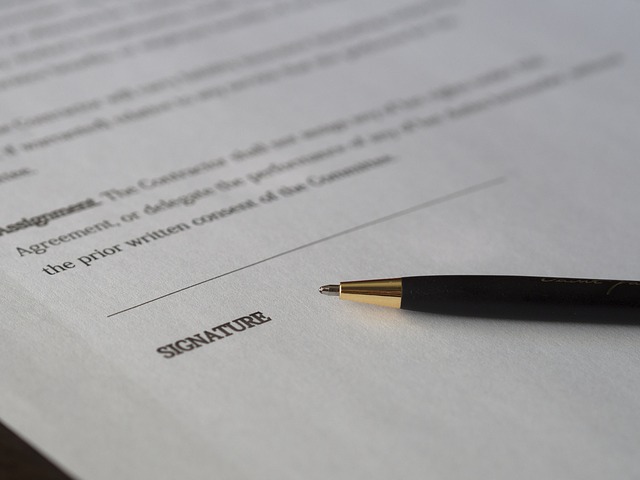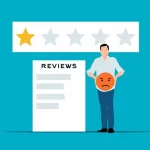ACT I
The phone rings while you are watching your favorite tv show after a long hard day at work.
You: Hello
Collector: Is this so and so?
You: Yes it is, how can I help you?
Collector: I am from XYZ company calling about a very important legal matter. I first need to verify I am speaking to the right person.
You: I am not sure what you are talking about but ok?
Collector: Please tell me your name and social security number.
You: No way, why would I do that? You called me, I have no idea who you are.
Collector: I am calling about a past due bill that you owe. Before I can go further, I need to verify I am talking to the right person.
You: I already told you who I am. I am not going to give you my social security number. If you have it you can tell me and I will confirm if it is me or not.
This goes on for a little while until the caller decides that they have the right person and to go ahead and tell you about the debt they are calling about. You think that it might be yours but need some more proof.
You: Can you please send me some documentation regarding this account like your company info, principal, and interest.
Collector: No we can’t because of blah blah blah
At this point stop talking and tell them they are violating the FDCPA.
Epilogue – Proceed With Caution
This is not a secret way to get out of paying your debts. If you miss a Chase credit card bill and they call asking for it, then this is not a good excuse. If they send you a bill every month then you know it is yours to pay. However, when you aren’t sure if the caller is legitimate or even if they don’t sound particularly professional, you can request a debt validation. If they send you the debt validation, then you have to pay it. They can also take you to court if they legally have your debt so don’t use this as a tactic to get out of paying your bills because as always, you should pay your bills.
Purpose of Debt Validation:
- Verify the debt they are calling you about is actually yours
- Force collection agency to prove the debt is real and also that they are real and not scammers
- Prove the agency has the legal authority to collect on it
*Most important part of requesting a validation of debts is that you have to send it to the collection agency in writing. Send it certified mail, keep a copy of letter you send, and keep the receipt.
Federal Law concerning Debt (Excerpt from FDCPA)
§ 809. Validation of debts
(a) Notice of debt; contents
Within five days after the initial communication with a consumer in connection with the collection of any debt, a debt collector shall, unless the following information is contained in the initial communication or the consumer has paid the debt, send the consumer a written notice containing —
(1) the amount of the debt;
(2) the name of the creditor to whom the debt is owed;
(3) a statement that unless the consumer, within thirty days after receipt of the notice, disputes the validity of the debt, or any portion thereof, the debt will be assumed to be valid by the debt collector;
(4) a statement that if the consumer notifies the debt collector in writing within the thirty-day period that the debt, or any portion thereof, is disputed, the debt collector will obtain verification of the debt or a copy of a judgment against the consumer and a copy of such verification or judgment will be mailed to the consumer by the debt collector; and
(5) a statement that, upon the consumer’s written request within the thirty-day period, the debt collector will provide the consumer with the name and address of the original creditor, if different from the current creditor.
(b) Disputed debts
If the consumer notifies the debt collector in writing within the thirty-day period described in subsection (a) of this section that the debt, or any portion thereof, is disputed, or that the consumer requests the name and address of the original creditor, the debt collector shall cease collection of the debt, or any disputed portion thereof, until the debt collector obtains verification of the debt or a copy of a judgment, or the name and address of the original creditor, and a copy of such verification or judgment, or name and address of the original creditor, is mailed to the consumer by the debt collector. Collection activities and communications that do not otherwise violate this subchapter may continue during the 30-day period referred to in subsection (a) unless the consumer has notified the debt collector in writing that the debt, or any portion of the debt, is disputed or that the consumer requests the name and address of the original creditor. Any collection activities and communication during the 30-day period may not overshadow or be inconsistent with the disclosure of the consumer’s right to dispute the debt or request the name and address of the original creditor.
(c) Admission of liability
The failure of a consumer to dispute the validity of a debt under this section may not be construed by any court as an admission of liability by the consumer.
(d) Legal pleadings
A communication in the form of a formal pleading in a civil action shall not be treated as an initial communication for purposes of subsection (a).
(e) Notice provisions
The sending or delivery of any form or notice which does not relate to the collection of a debt and is expressly required by title 26, title V of Gramm-Leach-Bliley Act [15 U.S.C. 6801 et seq.], or any provision of Federal or State law relating to notice of data security breach or privacy, or any regulation prescribed under any such provision of law, shall not be treated as an initial communication in connection with debt collection for purposes of this section.
15 USC 1692h






